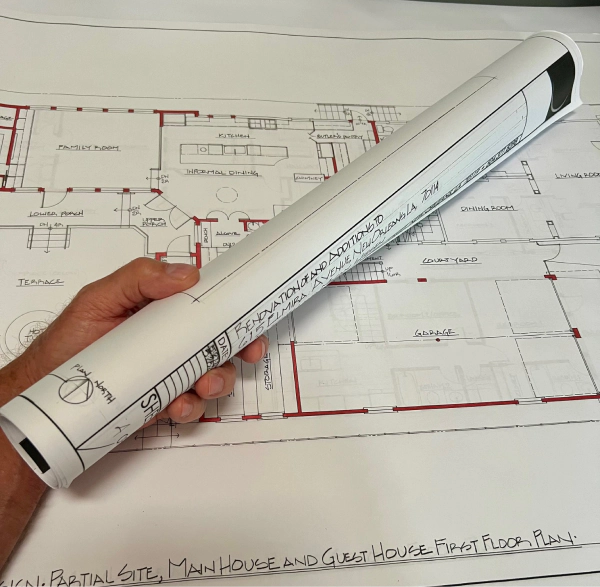Most people don’t look for an Architect with the same regularity as they do with Doctors, Attorneys and many other service providers. Throughout my career, many of my clients have never hired an Architect before me.
Although there are well-established codes of ethics and professional practice, there is no standard way to operate an architectural office. Different Architects have different methods and what you may expect is not necessarily how the Architect you’re considering for your project runs his or her business.
I think it’s important to interview a number of firms and as with other professionals, find one that suits you on many different levels. This tends to better prepare your working relationship and ultimately the building for success. So, with that in mind and aside from professional references and fees, here are some things to consider as you’re finding your Architect.
1. Are they licensed in the State where your project is located and if so, for how many years? You can confirm that information with the State Board of Architectural Examiners or the National Council of Architectural Registration Boards.
2. The degree and length of their design experience and how they propose to design your project. What is their design process and can they explain that to you in a way you clearly understand?
3. Their knowledge and degree of personal experience with building construction (hands-on as well as administration); their working relationships with local General Contractors, subcontractors and suppliers.
4. Their level of knowledge with local building Codes and ordinances; the quality of their working relationships with related government agencies (such as zoning, historic commissions and building permit plan review) as well as due-diligence experience.
5. How much experience do they have with projects like yours (residential; commercial; religious; etc.)? Ask to see a list of related projects and client references.
6. How well have you’ve been listened to so far? How important is your project to the firm? What is the “chemistry” and do you feel comfortable?
7. The quality, level of detail and quantity of drawings proposed for your project: ask what drawings are typically provided and ask for examples of drawings for similar projects.
8. Will detailed construction drawings be provided and will they relate directly to your project (vs. cut-and-paste details from other projects)?
9. Are construction specifications typically included with their construction documents? If so, ask to see examples. And if not, why?
10. What is the Architect’s experience with and attention to Structural design, HVAC / Plumbing / Electrical / Lighting design, Interior and Landscape design and will these aspects be included with their professional services for your project?
11. Who are the Architect’s consulting Engineers and what are their qualifications?
12. Professional fees usually reflect the amount and quality of services:
If keeping professional fees to a minimum is a priority and you’re in a position to manage the risk of incomplete or inaccurate drawings or working with less experienced or even un-licensed design professionals, then you may be able to consider accepting a proposal that costs less but lacks some of what’s listed above. However, it’s very important to be aware of the level of risk and liability you would be taking on and know if you have the resources to accept that.
Finally, there may be some results from inadequate professional skills and drawings that are not manageable. There are many examples around the country of poor design and by extension, poor construction that resulted in irreparable damages. Probably the best recent example I know of here in New Orleans is the Hard Rock Hotel disaster which collapsed on October 12, 2019.
